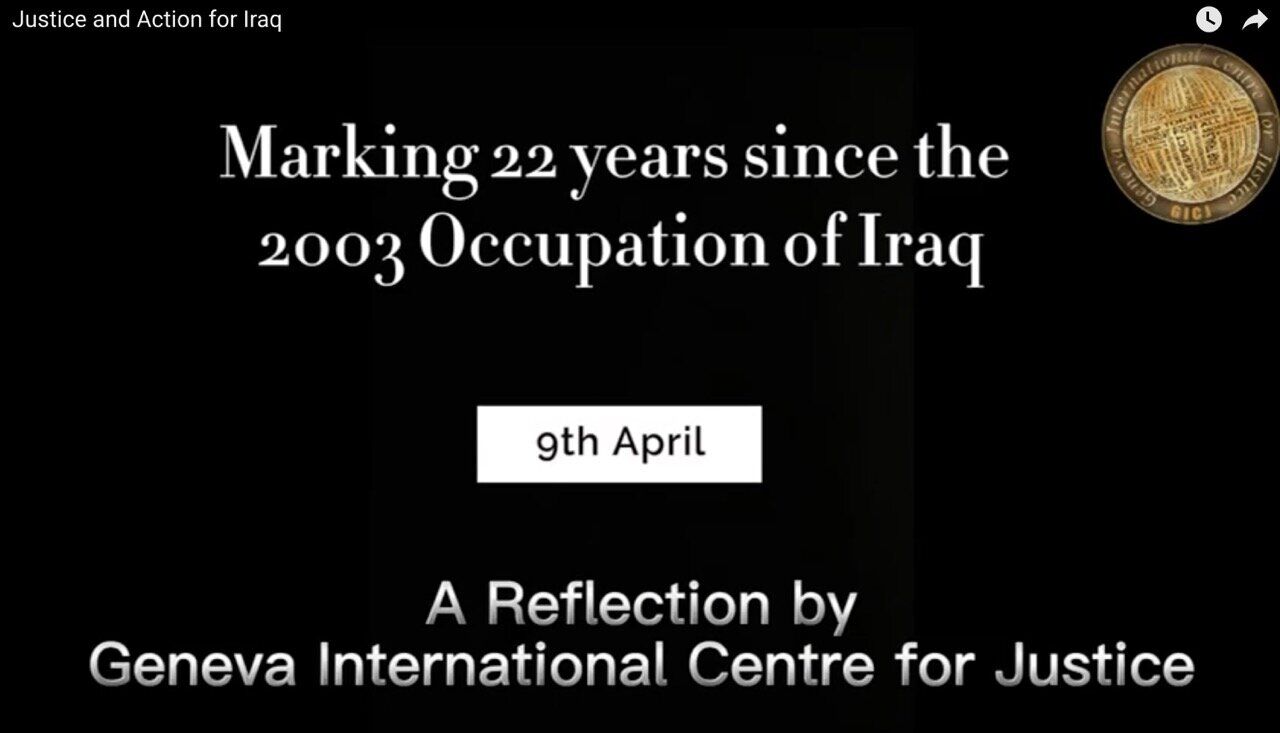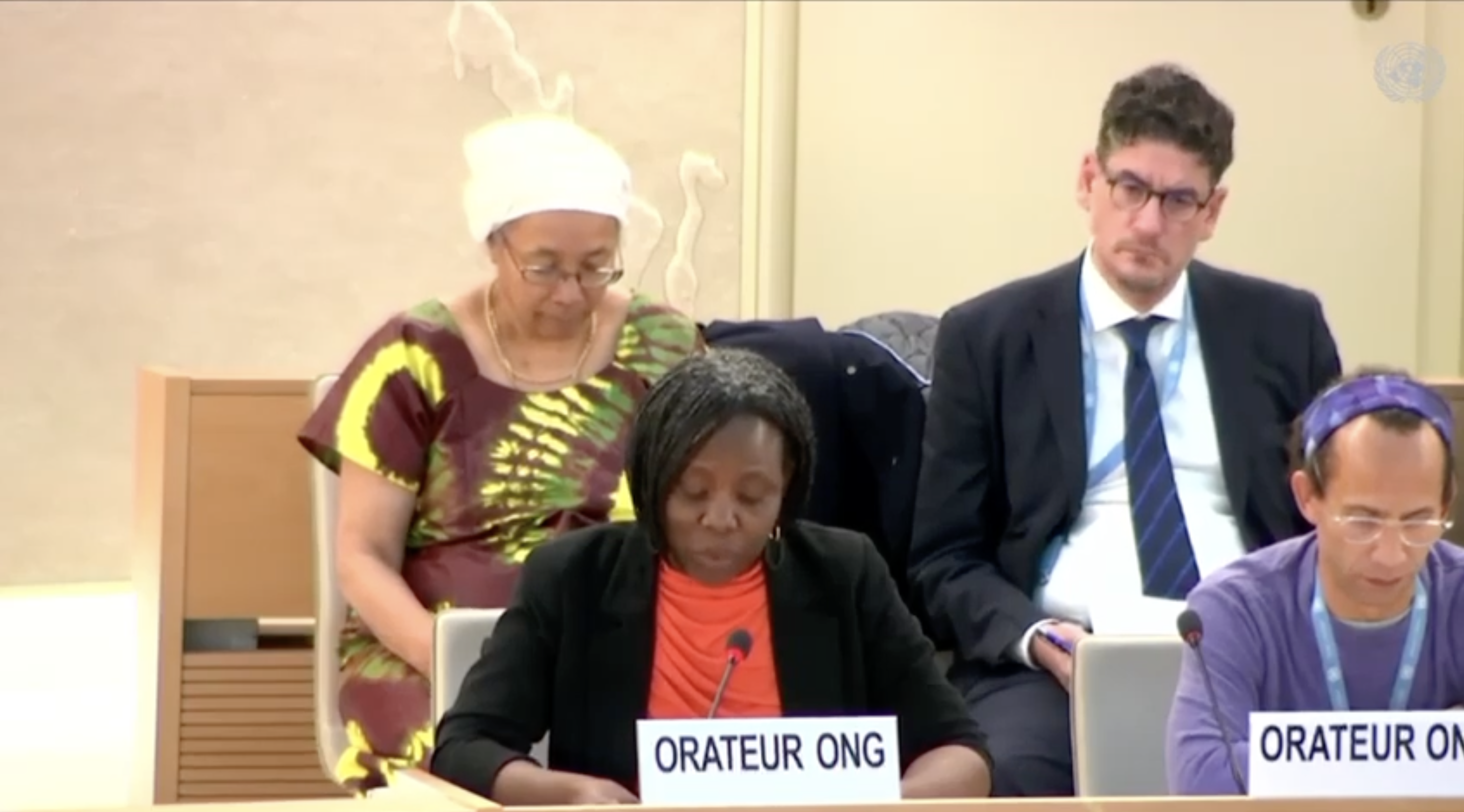By Prishika Adhira Bhoyroo / GICJ
The strategic location of the Chagos Islands, an archipelago located in the Indian Ocean northeast of the main Island of Mauritius, is undeniably a precious asset for the United Kingdom and the United States.
Before the UK unlawfully split the Chagos Islands from the Republic of Mauritius in 1965 to form a new colony named the British Indian Ocean Territory (BIOT), the archipelago was an integral part of Mauritius territory [1]. Moreover, whilst forming the BIOT, between 1967 and 1973, the UK illegally displaced approximately 1,500 and 2,000 Chagossians in the interest of leasing Diego Garcia as a military base to the US [1] [2]
To this day, the fate of the Chagos Islands is closely being negotiated between the US, UK and Mauritius. Despite the uncertainties associated with the incoming Trump administration and review of the Chagos deal, the Republic of Mauritius is strongly determined to reconstitute its sovereignty over the Chagos Islands to end the UK’s illegal colonial occupation and use of the archipelago since 1965.
On 22 June 2017 the United Nations General Assembly adopted resolution 71/292 requesting the International Court of Justice (ICJ) for an advisory opinion. The General Assembly by recorded vote of 94 in favour to 15 against, with 65 abstentions [3] asked the Court the following questions:
- Was Mauritius' decolonisation process legally completed when it gained independence in 1968, considering the separation of the Chagos Archipelago and relevant international laws, including key UN resolutions?
- What are the international law consequences of the UK’s continued administration of the Chagos Archipelago, especially regarding Mauritius' inability to resettle its nationals, particularly those of Chagossian origin, as outlined in the mentioned resolutions?[3]
The Advisory opinion of the ICJ on the legal consequences of the separation of the Chagos Archipelago from Mauritius in 1965 issued on 25 February 2019, recognised that the decolonisation of Mauritius was not lawfully completed since it did not take into consideration the free and genuine will of Mauritians. Moreover, it was affirmed that the UK is under obligation to return the Chagos Islands to Mauritius [4].
On 25 February 2019 the UN General Assembly adopted a resolution welcoming the ICJ advisory opinion demanding the UK to discontinue its colonial administration on the Chagos Islands within 6 months. This resolution recorded a substantial vote of 116 in favour, 6 against and 56 abstentions- the Assembly stated that the UK must be in a position to cooperate with Mauritius to facilitate the resettlement of Chagossians and complete the decolonisation of Mauritius [4].
On 3 October 2024, the UK declared that an agreement had been reached to return the Chagos Islands to the Republic of Mauritius; however, the UK is said to retain control of the UK-US military base on Diego Garcia. While negotiations continue between London, Washington, and Mauritius - the Chagossian Voices Organisation is displeased with their omission in these negotiations, as it is their right to be included in deciding the fate of their homeland [1].
United Nations experts highlight the importance of giving value to the rights of the Chagossians to Mauritius and the UK by ensuring their active participation in the Chagos deal: “The rights of the Chagossian people, including the right to adequate and effective remedy and reparations, as well as the rights of Indigenous Peoples, should be at the centre of the negotiations of the foreseen treaty,” [5].
Geneva International Centre for Justice (GICJ) affirms the sovereignty of the Republic of Mauritius over the Chagos Islands and supports its engagement to end the illegal occupation of the United Kingdom. In this light, GICJ recognises with regret the forced displacement of the Chagossians and urges the concerned countries to cooperate with the Chagossians to finalise a treaty that is in accordance with international law to protect the welfare and anticipate the resettlement of Chagossians in the archipelago. Moreover, GICJ stresses the importance of the UK-US alliance in ending their administration of the Chagos Islands to ensure the complete decolonisation of the Republic of Mauritius.
Sources:
[1] https://govmu.org/EN/Pages/AboutChagos.aspx
[2] https://news.un.org/en/story/2019/02/1033532
[3]https://press.un.org/en/2017/ga11924.doc.htm
[4] https://press.un.org/en/2019/ga12146.doc.htm
[5]https://www.ohchr.org/en/press-releases/2024/10/chagossians-should-be-centre-stage-negotiations-between-mauritius-and-uk-un
Picture source: (Flickr) https://www.flickr.com/photos/chagos/14941363348/in/dateposted/












